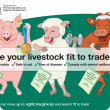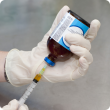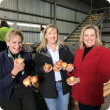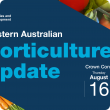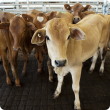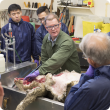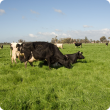Filter by regions:
- (-) Remove Pilbara filter Pilbara
- (-) Remove South West filter South West
- Mid West (130) Apply Mid West filter
- Great Southern (129) Apply Great Southern filter
- Gascoyne (128) Apply Gascoyne filter
- Peel (128) Apply Peel filter
- Wheatbelt (128) Apply Wheatbelt filter
- Goldfields-Esperance (126) Apply Goldfields-Esperance filter
- Kimberley (124) Apply Kimberley filter
- Perth regions (106) Apply Perth regions filter


